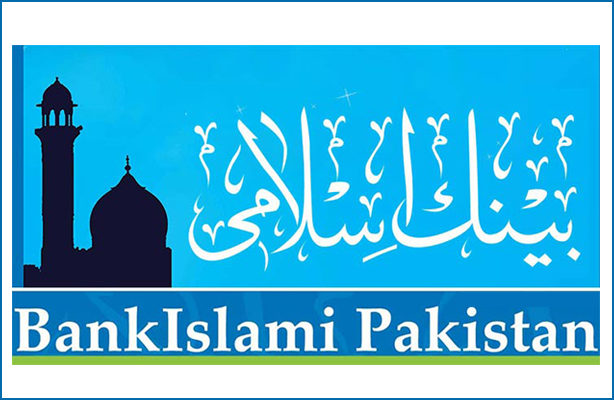JS Bank, a subsidiary of Jahangir Siddiqui & Co Limited has submitted a Public Announcement of Intention to acquire more than 51% of shares and control of BankIslami Pakistan Limited.
The manager of the offer is Next Capital. The parties are yet to determine and agree upon the price of the majority share acquisition.
Earlier, on November 11, JS Bank had acquired 86,316,954 ordinary shares making up 7.79% of paid-up capital from Emirates NBD Bank PJSC. This was following the approval of the State Bank of Pakistan (SBP).
JS Bank and Jahangir Siddiqui & Co both own 21.26% or 235.68 million ordinary shares of BankIslami combined.
While previously, JS Bank bought shares from Emirates NBD Bank PJSC, this time it will have to increase its shareholding to the intended level by purchasing shares from the general public, in addition to the current owners. There has been no word so far on the split between the two. This transaction is also subject to approval by the SBP.
“The public announcement of intention may be withdrawn if the requisite approvals are not granted by the concerned regulatory authorities,” said Next Capital in its letter to the PSX
BankIslami has reported a net profit of Rs 2.85 billion during the first three quarters of the calendar year; while the earnings per share have increased from Rs 1.92 last year, to Rs 2.57 per share for this year.
Push for Islamic Banking
Interestingly, Pakistan has the second-highest Muslim population in the world. However, the country also has low banking penetration. Around 6 percent of the world’s unbanked population can be attributed to Pakistan. In a World Bank study in 2017, only 21% of the adult population has a bank account. 13% of the unbanked respondents cited religious reasons for not having an account.
As a result, the government is hoping to promote Islamic finance as part of the National Financial Inclusion Strategy.
Moreover, the government’s recent push for Islamic banking may be a reason JS is pushing the pedals on the acquisition of BankIslami.
On November 10, Federal Finance minister Ishaq Dar announced the withdrawal of two review petitions filed by the SBP and National Bank of Pakistan (NBP) against the judgment of the Federal Shariat Court to transform Pakistan’s economic and financial system as interest-free in five years.
At the end of 2021, Islamic banking made 18.6% of banking sector assets, and 19.4% of deposits. The SBP, however, targets the Islamic banking sector to contribute 30% of the banking sector by 2025. Similarly, Islamic branches of conventional banks made up 45.7% of the overall Islamic banking assets by the end of 2021.
Fitch Ratings states that the size of the Pakistani Islamic finance industry is estimated to have crossed $42 billion at the end of the first quarter of 2022 – with Islamic banks being the largest contributor to the Islamic finance industry making up 67% in terms of total assets, followed by sukuks through their outstanding amounts making 26%, Islamic funds at 6%, and takaful at 1%
























